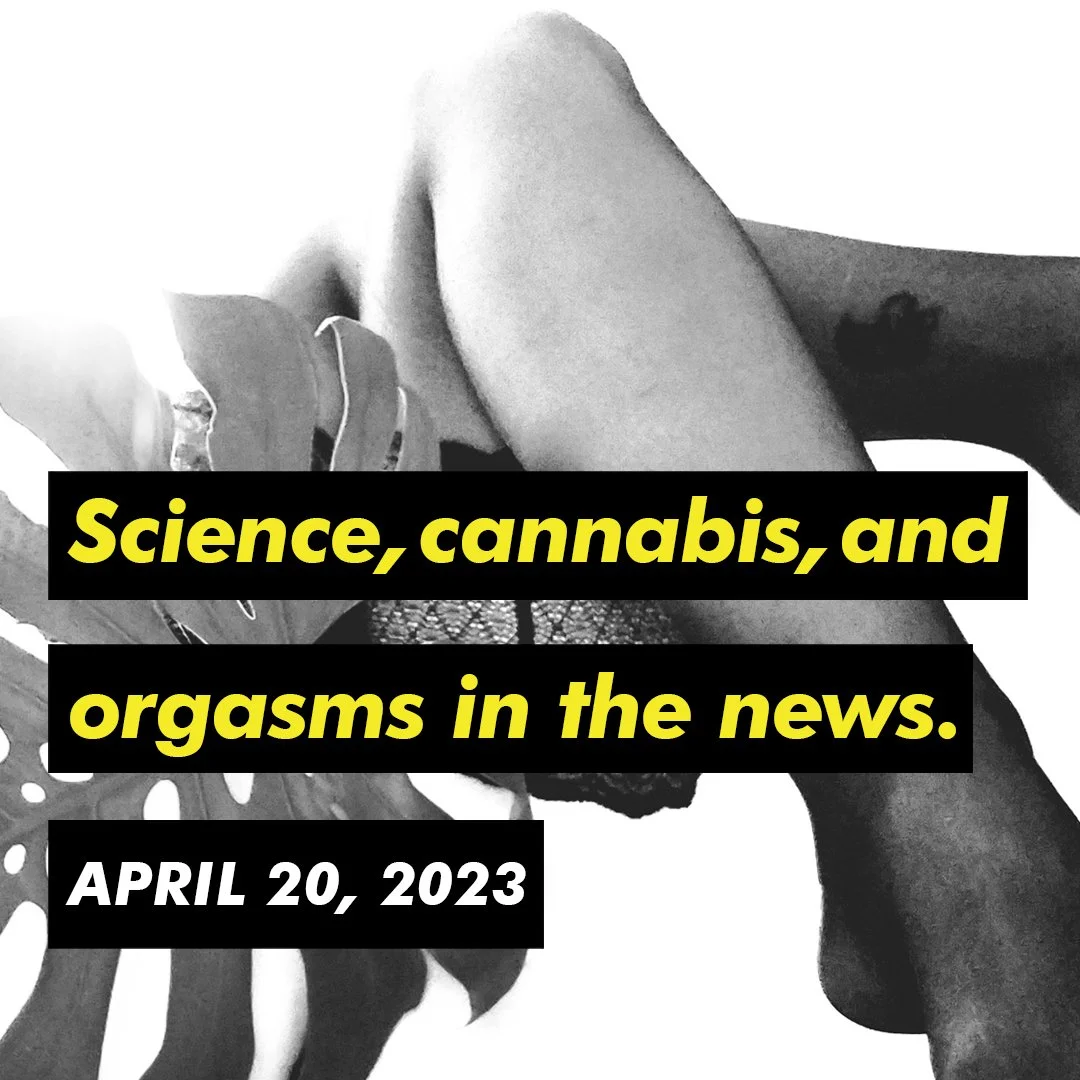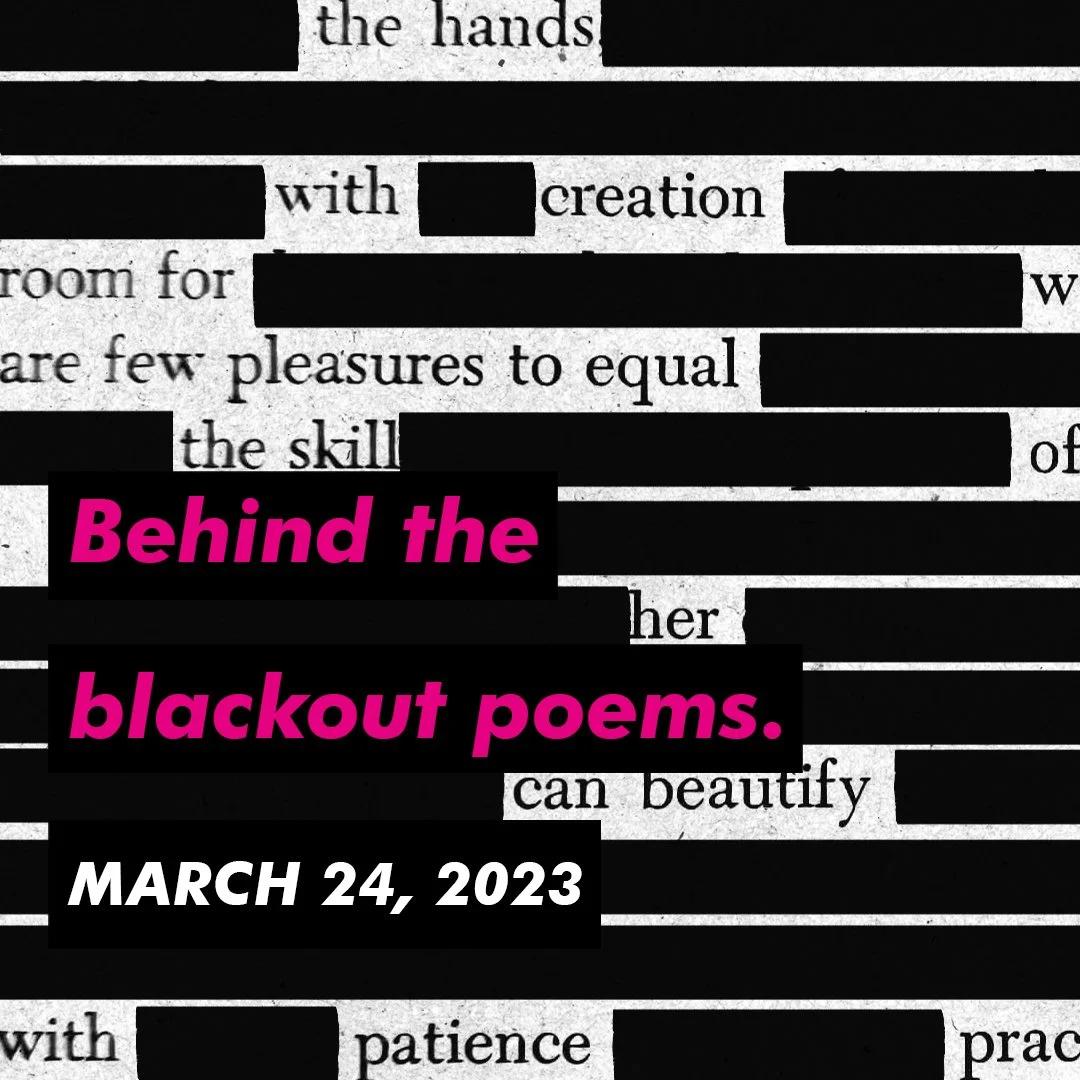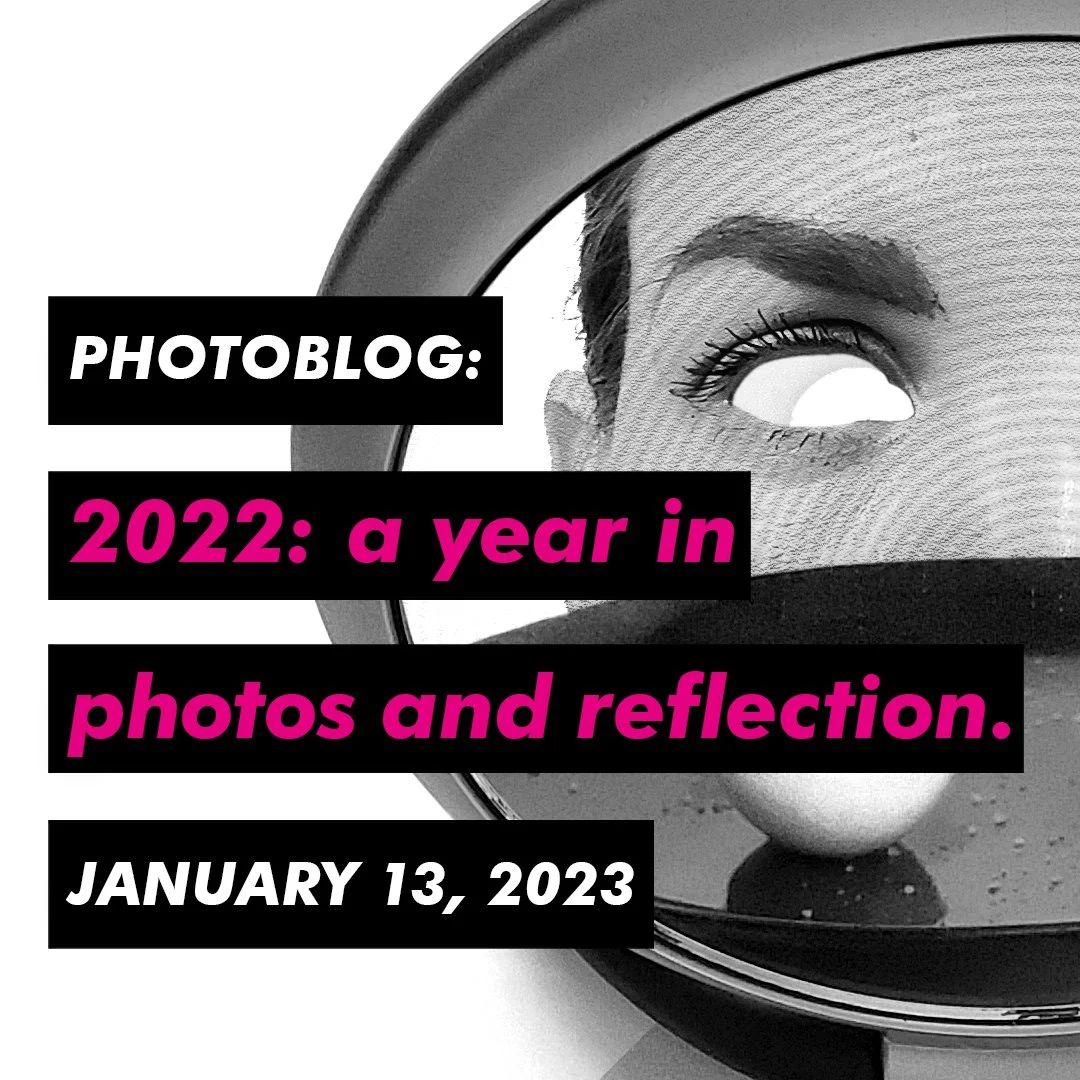My morning ritual consists of a cup of coffee (or two depending on the night before) and reading the news. Between each blessed sip, I scroll through notifications, tweets, or headlines—all competing for fifteen seconds of my attention and promising a quick read. Unsurprisingly, politics claims the space above the fold. Snippets like “A Woman, Just Not that Woman” or “Can a Woman Win the Presidency” or “Judging Women Candidates by Their ‘Likability’.” More women than ever before are running for office and succeeding. But then, why are women plagued with questions of likeability, electability, relatability, or just plain old ability on a daily basis?
sexism, then and now
To answer this question, I did a brief, Google investigation. I came across a photo from a 1930s Detroit news article profiling Frida Kahlo. The headline absurdly reads “Wife of the Master Mural Painter Gleefully Dabbles in Works of Art.” No mention of her artist name or incredible body of work or career as a successful artist and painter. Merely Señora Rivera, wife of Diego. One could argue that Frida Kahlo’s body of work overshadows that of her husband, a name synonymous with her own artistic brand, style and prominence. But, that was 1933. She was written off by the prevailing sexist attitudes and gender stereotypes of the day. But nearly a century later, women still experience bias and sexism in all walks of life. What’s worse, is that sexism can be hidden in plain sight, it’s subtleties overlooked or glossed over. One need not look farther than the daily headlines to prove my point.
the sexism of the “difficult” woman
Very often, women’s successes come hand-in-hand with overt criticisms that are not equally applied to men. Labels like “diva” or “bitch” are words that diminish the accomplishments of women and illustrate the hostility of sexist attitudes. One shining example that comes to mind is that of the “difficult” woman. In recent weeks, several tabloid newspapers have dubbed Meghan Markle as “Duchess Difficult.” A CNN news story draws in viewers with the flashy headline “Meghan Markle's close friend tears up as he denies rumors she's difficult.” Yet the bulk of the content goes on to describe her perspectives (through that of her friend and makeup artist) on motherhood and family. However the tagline “difficult woman” furthers the sexist narrative, eclipsing positive intentions.
In contrast, successful men are rarely subject to the same harshness bestowed upon their female counterparts. Taking a look at an article in Rolling Stone about James Cameron, the director is well known for being difficult, yet lauded for his toughness and high grossing films. Not once does the word “difficult” or any other reductive adjective surface in the content to label him. However, objectively, the behaviors described in that same article would characterize him as difficult to work with. So why are men driven and women difficult? This is just one case of many in an industry rife with sexism, but these examples are not unique to Hollywood.
Sexism pops up in both subtle and alarming ways in our everyday life. We may not even take note of the damage being done, but the effect is cumulative and harmful. Here are a few more ways that sexism creeps into our consciousness in our daily reads.
the sexism of nicknames
A nickname is defined as an informal name added to, or substituted for, the proper name of a person, to express affection, ridicule, or familiarity. In that context, a nickname can communicate a level of familiarity or a tone of disrespect. And, in the headlines featured here, the use of a nickname is intended to disparage, belittle, and scorn women in a professional context. In one of his many tweets, Donald Trump referred to Elizabeth Warren as “Liz” and conservative media outlets snatched up the moniker immediately. Given that Senator Warren presents herself professionally as “Elizabeth” it would be safe to assume that is her preference and a show of respect to refer to her by the name she chooses. Canada’s Environment Minister, Catherine McKenna was dubbed “Climate Barbie” in a tweet by a fellow lawmaker in response to her perspectives about climate change. The derogatory nickname was adopted by the media and headlined numerous articles. Breitbart News still runs stories referring to her nickname as recently as February of this year, furthering the sexist narrative.
Headlines using the nickname “Liz” after Donald Trump tweet in February 2019
Breitbart articles referring to Canada’s Environment Minister as “Climate Barbie”
the sexism of physical appearance
Supermarket tabloids are rife with unflattering headlines and cover stories featuring celebrities without makeup, diet disasters, and wardrobe faux pas. But the criticism of a woman’s appearance is a sexist tactic that is alive and well in reputable news outlets and social media. The wardrobe choices of Governor Gretchen Whitmer of Michigan and Representative Alexandria Ocasio-Cortez were derided by media outlets and on social media. For Governor Whitmer, her blue dress and body shape became the focus of her gubernatorial address, rather than her speech or specific policies. In the case of Ocasio-Cortez, her black suit and coat were perceived as too stylish and expensive, casting doubt on her working class roots and the validity of her arguments for reducing income inequality.
(L) Fox News 2 coverage of Gov. Gretchen Whitmor / (R) Eddie Scarry tweet criticizing Rep. Alexandria Ocasio-Cortez’s wardobe
the sexism of gender roles
History (or herstory as I like to refer to it) is full of stories about women challenging the status quo and breaking free of gender roles. Recognizing women’s accomplishments is crucial to provide examples for younger generations to follow and lead. However, by citing gender or gender roles specifically, the identity, capability, and autonomy of a woman is, in effect, marginalized. Pulled from YouTube, I found a video entitled “Female Magician Fools Penn & Teller.” At first blush this title seems innocuous, but there is a deeper implication here. Taking a look at other videos within the same channel, male magicians are identified as “Magicians”—absent of gender. Was her identity as female important to the fact that she was able to fool Penn & Teller? In another recent example, an AP news story headlined with “Stephen King, Wife Give $1.25M to Genealogical Society.” Immediately, the author slammed back on social media for the misstep. Tabitha King is also an accomplished novelist. Her relationship status as the wife of Stephen King does not fully encapsulate her identity as a person and evident career accomplishments. Assigning singular gender roles diminishes women, depriving them of names and identities.
Video title identifying “female magician” while men are referred to as “magicians”
Tabitha King’s name was absent from recent AP news release
the damage of sexism
With just a little research, I found alarming instances of sexism behind some of the most prominent headlines. These subtleties affect our perceptions of ourselves as women as well as how others perceive us. But don’t take my word for it. Keep track of this yourself and see what you discover.

































